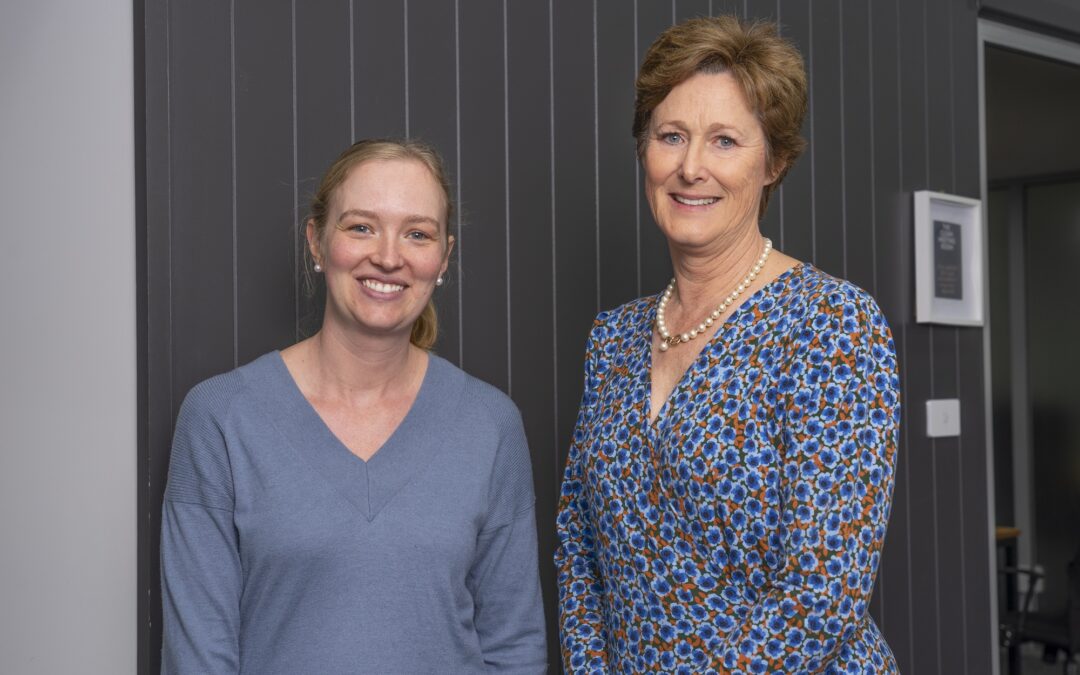The rules for determining which tax rate applies to company taxpayers have changed significantly over the past two years and are still undergoing change.
The current rules provide that the lower tax rate of 27.5% applies to a company carrying on a business with turnover (combined with certain connected entities) less than a particular threshold, which was $10 million in the 2016/17 income year and $25 million in the 2017/18 income year. The ATO has issued a Taxation Ruling setting out their view on whether or not a company is carrying on a business. Unfortunately this Taxation Ruling is still in draft form and has not been finalised.
For the 2017/18 income year there is legislation before Parliament to remove the requirement that a company be carrying on a business and to instead introduce a passive income test for determining which companies are eligible for the lower tax rate.
It is critical that when determining which tax rate applies to a company that a year by year approach is taken. If the draft legislation is passed, it is possible and indeed likely that many companies who were eligible for the lower tax rate in the 2016/17 income year will not be eligible in the 2017/18 year.
Once a company is eligible for the lower tax rate, it is likely that in the following income year they will only be able to frank dividends paid to shareholders at 27.5%. Where the company’s franking account came about from payments of tax at the full 30% rate, there will be a wastage of franking credits for the difference. For companies with large franking accounts the tax impact of this wastage could be significant.
We are exploring opportunities to reduce this franking credit wastage in affected companies.
UPDATE: The Act introducing the base rate entity concept, referred to in this article as a ‘passive income test’, was given royal assent on 24 August 2018 and is now in effect. Also for 2018/19 and future income years the relevant turnover threshold has been increased to $50 million.



